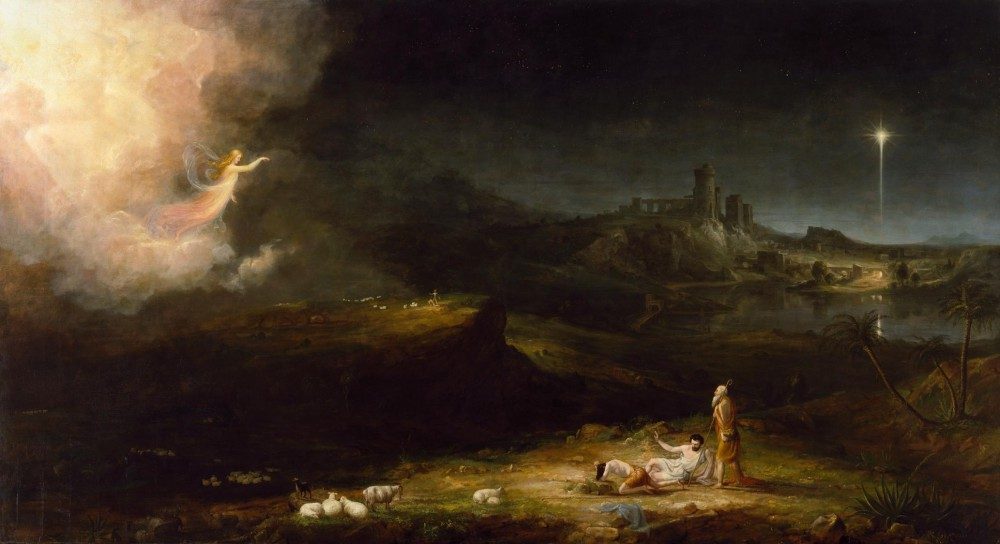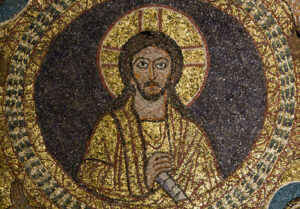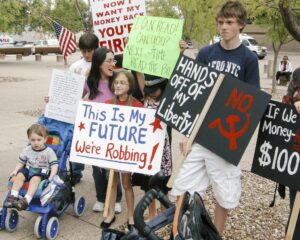“When the angels had left them and gone into heaven, the shepherds said to one another, ‘Let us go now to Bethlehem and see this thing that has taken place, which the Lord has made known to us.’ So they went with haste and found Mary and Joseph, and the child lying in the manger. When they saw this, they made known what had been told them about this child: and all who heard it were amazed at what the shepherds told them. But Mary treasured all these words and pondered them in her heart. The shepherds returned, glorifying God for all they had heard and seen, as it had been told them.” (Luke 2:15-20)
The Christmas narrative for me is a classical example for the productivity of sociohistorical biblical interpretation. Therefore I want to represent my story here with this story. For many years I was so disgusted by the commercialization that this fragment of religious tradition has endured, so sickened by the terror of consumption, the pressures of buying, giving, and eating, that I did not want even to think of Luke 2. The violent context in which we live had blocked the light of the text, which seemed to me hopelessly instrumentalized for lies. Neither the historical critical method nor an aesthetics shaped by the middle class of the nineteenth century helped me. The baby in the manger was embarrassing, like rich almond candy.
The escape of the yuppies—to run away and have a few beautiful days without fuss—was not available to me for family reasons. Instead we attempted to work in the context, to locate the stable in a homeless shelter in Cologne-Mülheim and to find the shepherds again among marginalized youths and vagabonds. They told the story in their way and thereby contributed to our liberation. The text itself remained a piece from the museum. That changed at the end of the seventies, when I learned something historically that had not occurred to me in study and exegesis.
I understood rather late what the tyranny of the Imperium romanum really meant for the people in the subjugated provinces. Up to this moment I held unsuspectingly to my humanist illusions about the pax romana. I regarded it as a kind of constitutional state with a cosmopolitan trading system and grandiose architecture. I had learned to read history only with the eyes of the victor. That the pax Christi was intended precisely for those who could expect nothing from the pax romana gave me a new key to the Christmas narrative and to the whole New Testament. How and under what conditions had people lived then in Galilee? Why had I never noticed the number of sick who appear in the Gospels? Who or what made them sick? Political oppression, legal degradation, economic plunder, and religious neutrality in the scope of the religio licita (“permitted religion”) were realities that the writer Luke kept in view in his story, which is so sublime and yet so focused on the center of all conceivable power. At last I saw the imperium from the perspective of those dominated by it. I recognized torturers and informers behind the coercive measure, “All went . . . to be registered” (v. 3). Finally I comprehended the peace of the angels “on earth” and not only in the souls of individual people. I understood for the first time the propaganda terms of the Roman writers who spoke of pax and jus when they really meant grain prices and militarization of the earth known at that time. (All this can be confirmed by research today.)
Of course, my rereading was politically colored. I too was surrounded by propaganda (freedom and democracy). While I heard the boot of empire crush everything in its way in the narrative from Bethlehem to Golgotha, I saw the carpet bombings in the poor districts of San Salvador right behind the glittering displays on Fifth Avenue in New York. The sociohistorical interpretation of biblical texts does not arise out of the abstractions of researchers who believe themselves neutral. It arises among people capable of suffering and compassion, who search for the causes of misery. In Paul these causes are called the reign of sin. Without understanding the imperium in its economic and ecological power of death, we also cannot see the light of Christmas shine. Living in the pretended social market economy, we do not even seem to need this light!
Whoever wants to proclaim something about this light has to free the stilled longing of people. Sociohistorical interpretation that takes seriously concrete everyday human cares and does not make the dying of children from hunger and neglect into a negligible quantity is helpful in this regard. By showing the organized violence—three billion German marks for the most massive deployment of military power since the Second World War—it deepens our yearning for true peace, which can have no other foundation than economic and ecological justice. This fundamental work of naming the alternative to the pax romana and to the model of present-day Germany is the task of the churches at Christmas.
Our text (verses 15-20) refers to the praxis of transmission and proclamation. The frightened shepherds become God’s messengers. They organize, make haste, find others, and speak with them. Do we not all want to become shepherds and catch sight of the angel? I think so. Without the perspective of the poor, we see nothing, not even an angel. When we approach the poor, our values and goals change. The child appears in many other children. Mary also seeks sanctuary among us. Because the angels sing, the shepherds rise, leave their fears behind, and set out for Bethlehem, wherever it is situated these days. The historic new beginning of 1990 [German reunification] does not represent the definitive farewell to the utopias, to spiritless life without angels, in which the poor shepherds are finally made invisible. On the contrary, we can now take the side of the poor without false compassion or distraction; we can become shepherds and hear the angels sing.
Glory to God in the highest heaven. and on earth peace among those whom God favors!”
Dorothee Sölle (1929 – 2003) was a German liberation theologian, feminist, and leftist activist. This article was adapted from On Heaven as in Earth: A Liberation Spirituality of Sharing. © 1993 Dorothee Sölle and Westminster John Knox Press. Used by permission.




